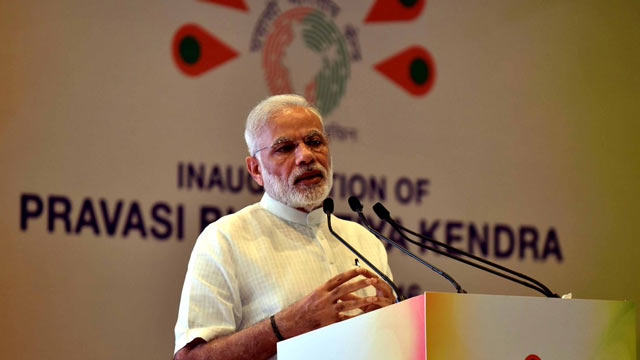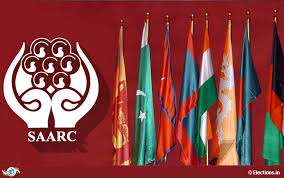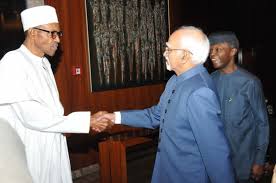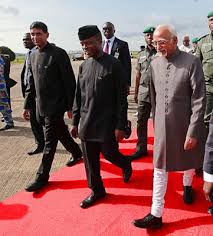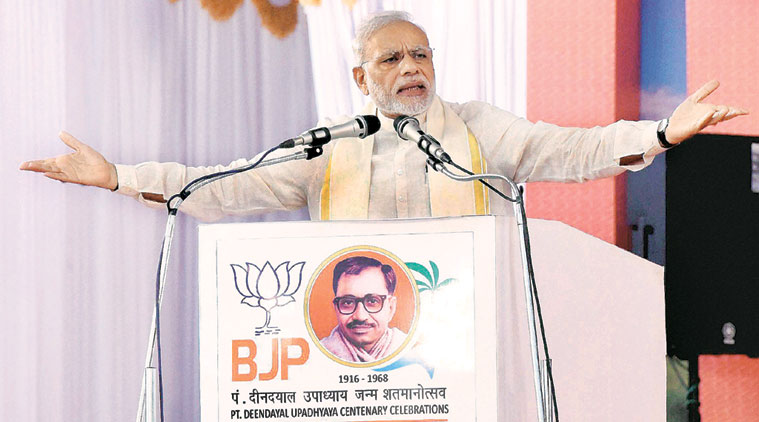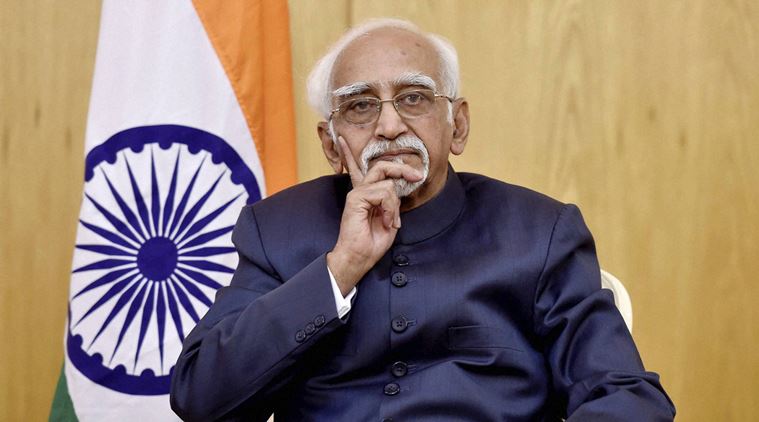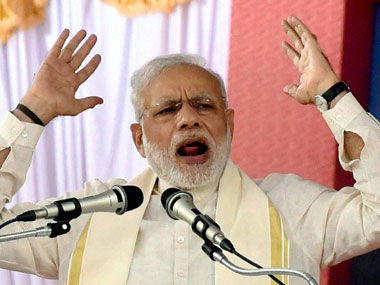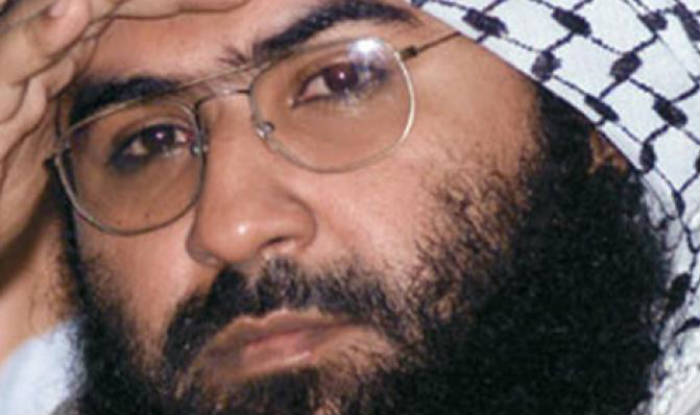
Why is China shielding Masood Azhar, global terrorist, jihad-peddler and hate-monger?
Why is China repeatedly blocking India’s initiative to sanction and designate Masood Azhar, the architect of the 26/11 Mumbai massacre and the Pathankot airbase assault, as an international terrorist? The answer is not all that esoteric as Beijing is simply rallying behind its all-weather ally and client state Pakistan, which is under pressure from India to account for the attack on the military camp at Uri by Pakistani terrorists.
At a time when India is engaged in a concerted diplomatic offensive to isolate Pakistan internationally over its support to cross-border terror, China’s stance over Masood Azhar designation has come as a huge disappointment for India. China’s posture is especially galling for India as it reveals duplicity and indicates a segmented approach towards terrorism, which is coming in the way of forging a united global front against terrorism.
Talking of evidence and objectivity, Chinese officials have to only listen to numerous hate speeches made by Azhar against not only India, but also against all infidels in the world. In Azhar’s twisted worldview and warped-up theology, all non-Muslims, including Han Chinese, are enemies and should be killed to please Allah!
The twisted logic of Pakistan, a self-destroying failing state, is understandable, but for China this vacillation and sophistry on Masood Azhar’s designation a global terrorist undermines its big power pretensions. The promise of an Asian Century, in which Prime Minister Narendra Modi and Chinese President Xi Jinping decided to collaborate, can’t be fructified if cross-border terrorism continues unabated. Shielding Masood Azhar, a propagandist zealot and a terror impresario, in the UN can’t be part of the China Dream, which President Xi has so eloquently spoken about, and it surely does not befit an ancient civilisation and an emerging power!

